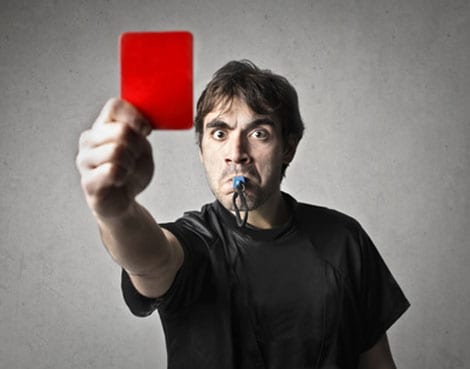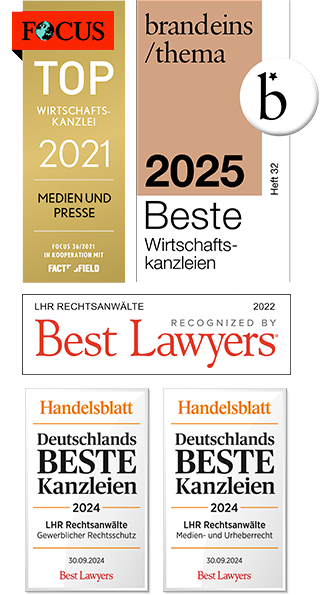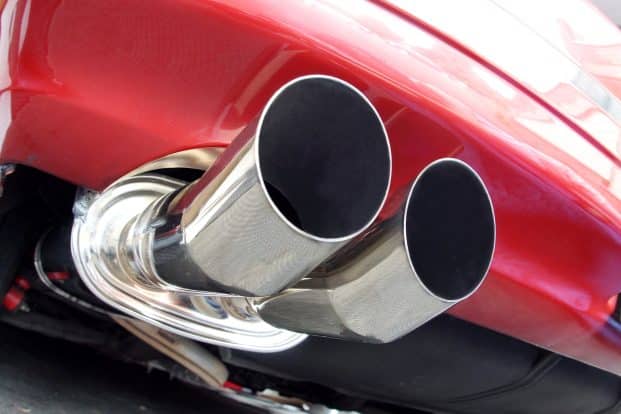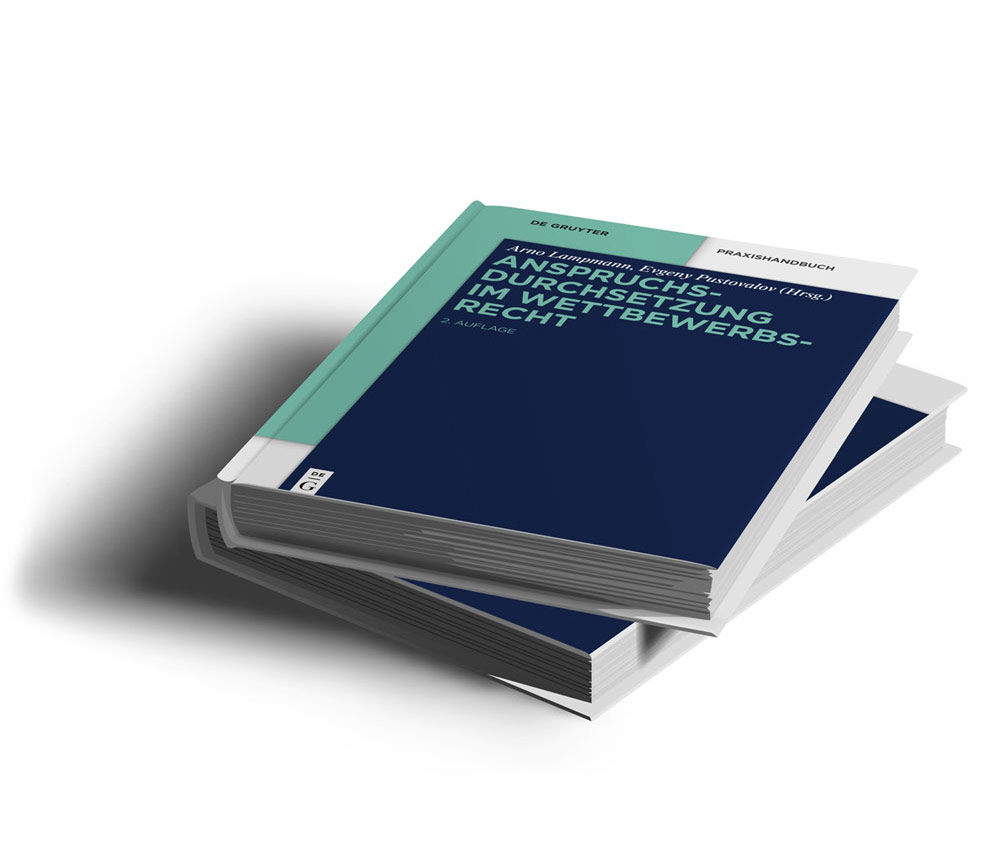KG Berlin: Two separate injunction proceedings within the urgency period are an abuse of rights

The KG Berlin (KG, Hinweis v. 28.8.2018, Az. 5 U 80/18, hier als PDF abrufbar) has pointed out in a notice that competition law infringements must be combined if possible. The unnecessarily separate approach is an abuse of law.
Asserting claims for injunctive relief is not easy
The assertion of claims for injunctive relief, as described in the Trademark law, Competition law, Urheberrecht and Personal rights are mainly the subject of disputes is difficult.
Contrary to popular opinion, “mass warnings”, in which the client is exempted from cost risks by a well-meaning lawyer, are not a “license to print money”. At least not if the person being warned knows how to defend himself properly.
Even if the accusation of abuse of rights is often raised in court proceedings, especially when there are no arguments on the merits, courts have now developed fine antennae for determining when the focus of a warning letter or preliminary injunction proceedings is still on the prosecution as such, or rather the endeavor to provide the lawyer and/or warning letter recipient with a source of income.
Background to the current case
An Ebay trader of all sorts of odds and ends (and thus, conveniently for the lawyer representing him, a potential competitor of many other online traders), who at the time drew attention to himself with a veritable wave of warning letters against various competitors, had to contend with these procedural difficulties in a recent case.
He had been disturbed by the fact that a competitor (who otherwise specialized in food and beverages) had offered a 75 ml toothpaste tube on eBay at a unit price of €9.99 and had forgotten to include the base price. Via his lawyer, the competitor initially demanded a cease-and-desist declaration and reimbursement of costs based on a value in dispute of €10,000, i.e. €745.40 net.
After the desired submission failed to materialize, the retailer applied to the Berlin Regional Court for a temporary injunction, which was granted. However, things subsequently went wrong and the injunction was ultimately revoked. We had already reported on the case hier reported.
Handler issued a “counter-counter warning”
As is so often the case, the retailer issuing the warning letter, who wanted to call on his competitor to comply with competition law, did not comply with the law himself. The competitor against whom the claim was made accordingly issued a warning and demanded a cease-and-desist declaration. Instead of using this “counter warning” for an appropriate settlement of the dispute or submitting the required cease-and-desist declaration, the retailer issued a further warning, i.e. a “counter-counter warning”. This meant that, from the competitor’s point of view, the score was once again 2:1 in his favor after a draw.
However, he was to lose this “lead” again. This was because – and this was the decisive error for the Court of Appeal – in addition to the above-mentioned interim injunction for the first infringement, he also applied for an interim injunction before the Berlin Regional Court in relation to the second warning. So far, so understandable.
However, the applicant was doomed by a circumstance that the Berlin Regional Court had overlooked – and therefore confirmed the preliminary injunction following an objection: he had noticed the first (alleged) infringement on 8 February 2018 and the second on 2 March 2018. However, he only filed the application for a preliminary injunction in relation to the first matter three days later after noticing the second infringement. Two injunction proceedings were therefore pending.
Against this background, the Court of Appeal agreed with the defendant that – in addition to the fact that a separate cost note was attached to the warnings, which in itself spoke in favor of an interest in charging costs – unnecessary costs had been incurred at the expense of the defendant, since both infringements could easily have been combined in one application for an injunction against the background of the two-month urgency period in the jurisdiction of the Court of Appeal.
Therefore, the Senate has already mentioned the above Note was granted. The applicant then finally withdrew his application for an injunction – not without singing numerous dirty songs (filing motions of bias). He must now also pay the defendant’s costs.
Any plan to generate legal fees quickly and easily by claiming against the defendant has not only failed, but has also boomeranged. The court and legal fees incurred by the defendant alone amount to approximately €6,000.
Conclusion
The assertion of competition law claims is – contrary to the current discussion about alleged warning letter abuse – anything but simple, even after a warning letter and successful application for an injunction.
Apart from the fact that the popular and media that “warning letters” or their lawyers could make money from any careless mistakes in the legal notice or in the withdrawal policy, the pursuit of claims for injunctive relief requires extensive knowledge of the relevant regulations and case law.
As the present case shows, the courts are sensitized to attempts to misuse the assertion of competition law infringements as a pretext for generating costs and fee income.
Competitors who are only out to make a quick buck from their legal representation often fail without the need for legislative help.
Disclosure: Our law firm represented the defendant.








